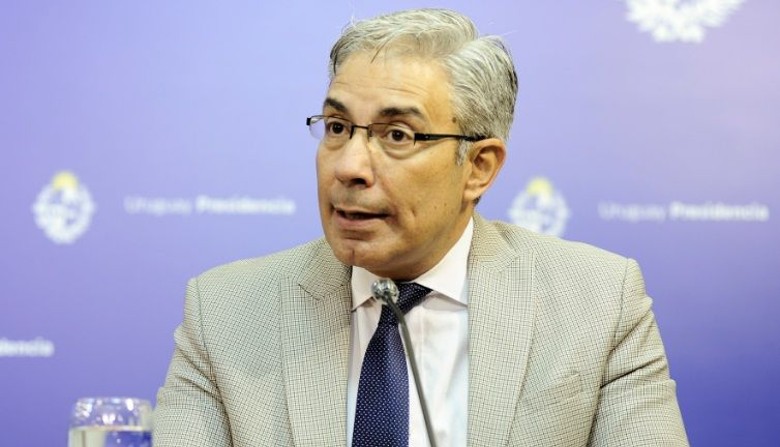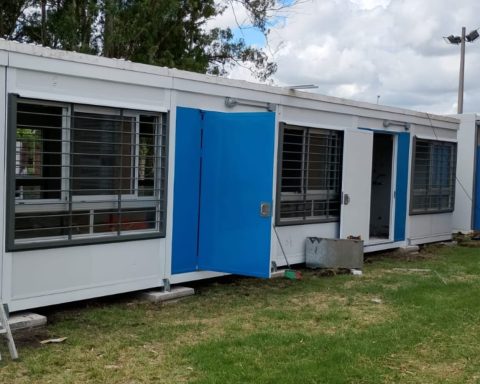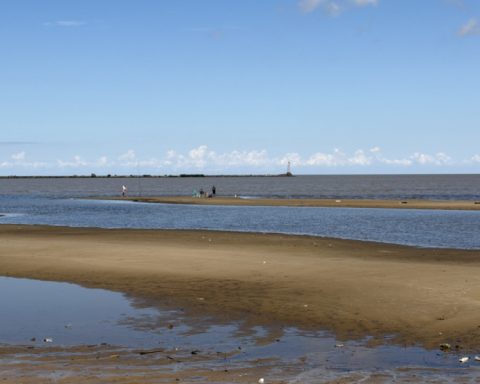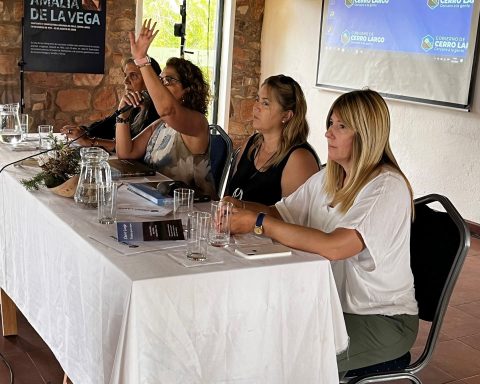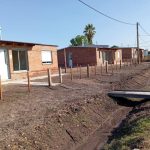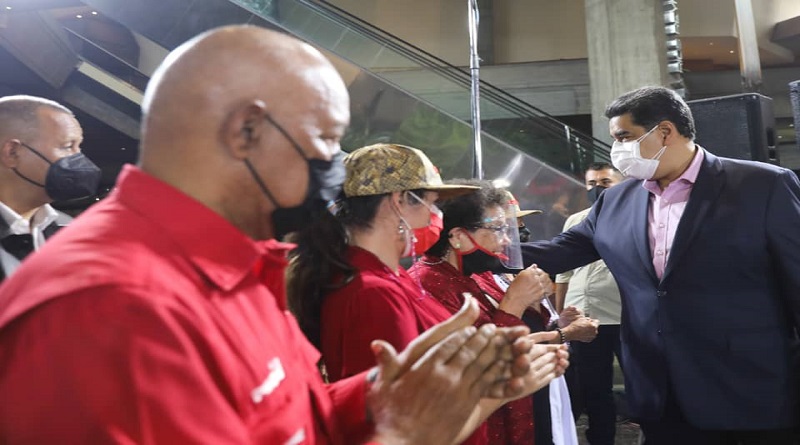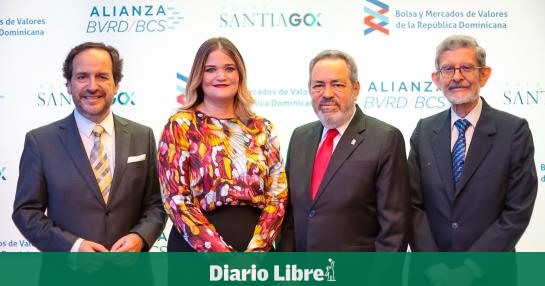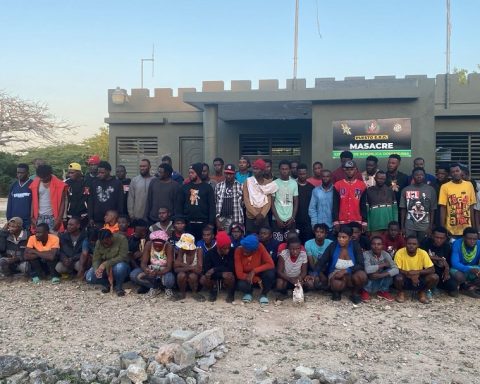The Public Education authorities, headed by the president of Codicen, Robert Silva, will begin a cycle of meetings called “Face to face with the community” in which the strategic axes of Educational Transformation will be presented. The first meeting will be tomorrow, Monday 9 at 6:00 p.m. at the Bastión del Carmen Cultural Center in Colonia.
“What is educational transformation? Why is it necessary? How are we going to implement it? These are some of the issues that will be addressed in each instance of dialogue, with the aim of sharing first-hand and interacting with communities throughout the country,” ANEP reported in a statement, adding that the instance will be open to the community. .
The Public Education Administration states that “Educational Transformation places the student and their learning at the center of the educational process, answering the questions of what should be taught, why, and how. This implies changes in teaching and evaluation practices, since it points to a pertinent curriculum closer to the reality of students, and in congruence with the demands of a knowledge society”.
It also reports that “it aims to implement an institutional design that consolidates a dynamic and professional organization, with consistent information, communication and accountability systems and continuous improvement and change management processes. This design should promote the use of financial resources aimed at providing more efficient services and optimal infrastructure conditions”.
Among the main guidelines are initial teacher training at the university level, improvements in the teaching career and expansion of opportunities for permanent professionalization through different instances of professional development. This process is also committed to a transformation in management, and to achieving higher levels of autonomy in educational centers through the implementation of new management tools.
The María Espínola Centers for Secondary Education, the Luisa Luisi focused plans, the review of education in rural areas, the extension of pedagogical time in different educational modalities and the strengthening of initial education, are also other initiatives underway to address this problem. . ANEP also points out that “this transformation is based on the conviction that the management and supervision of educational processes requires new profiles, more oriented to accompaniment and feedback for improvement purposes, generating learning communities.”
